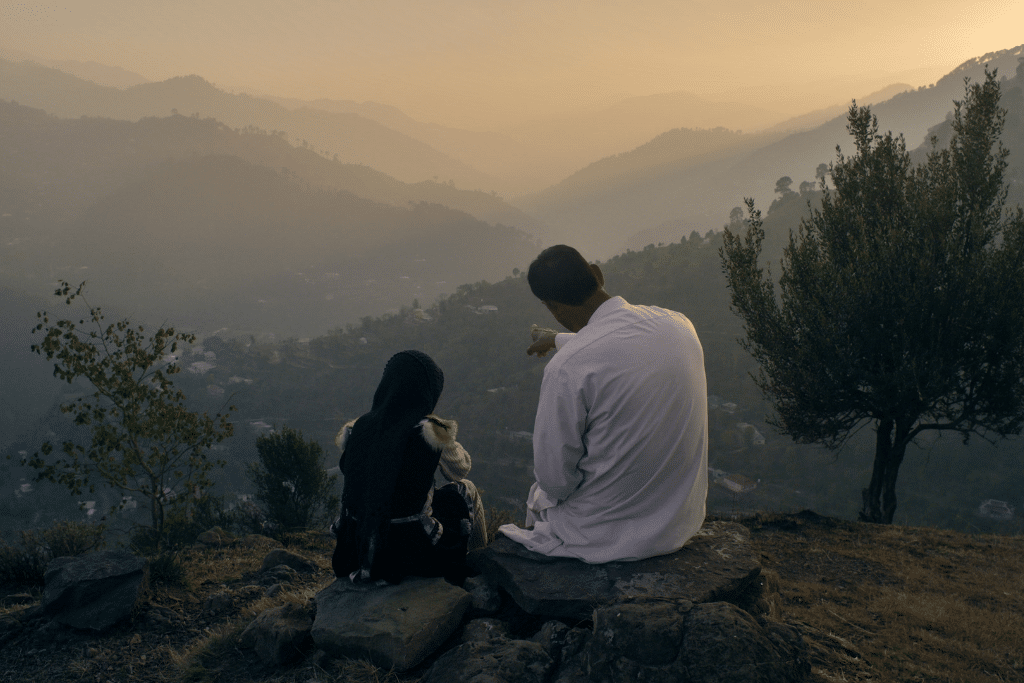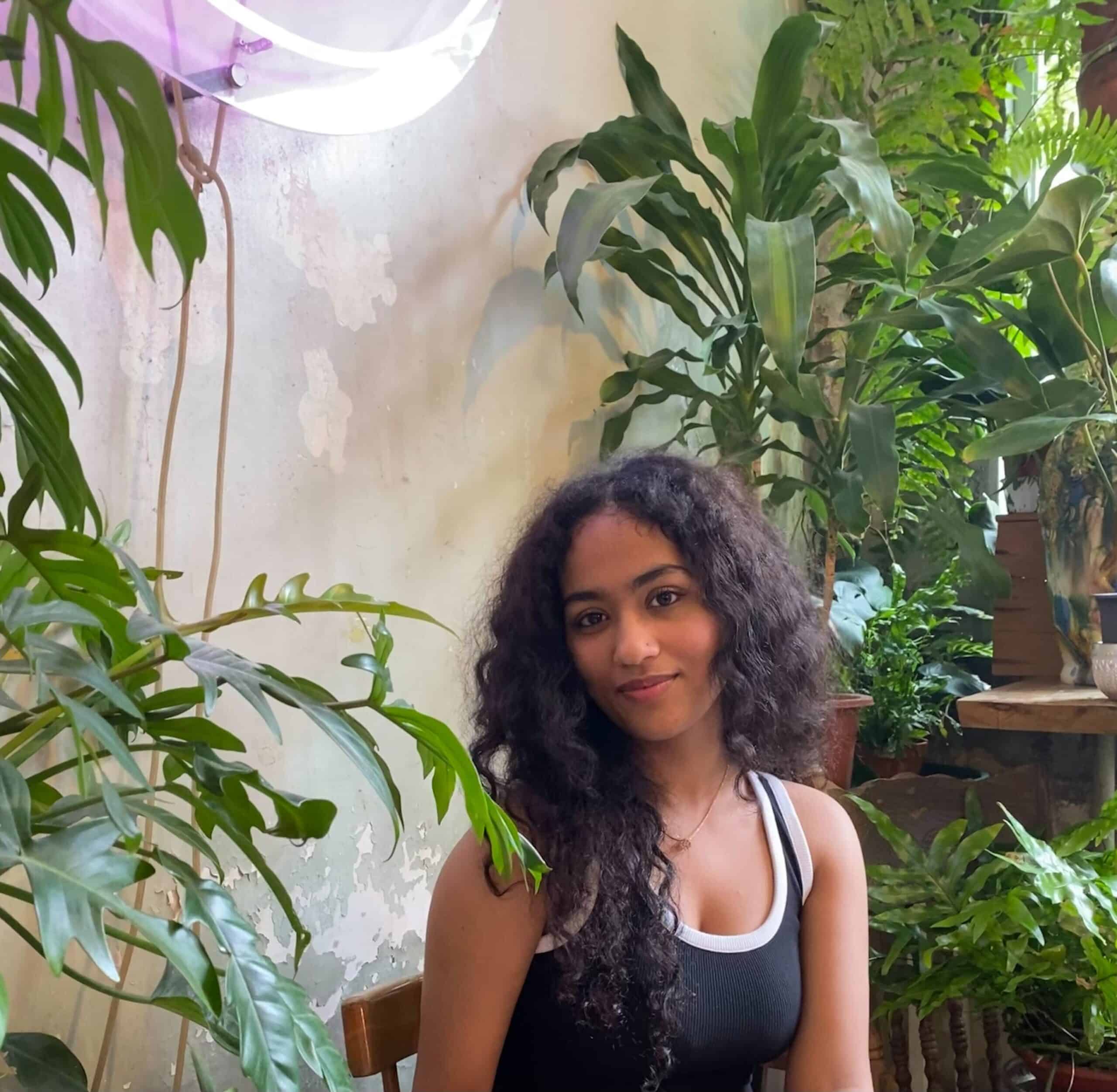With a global decline in the bee population, food production and quality are increasingly witnessing the impacts of climate change. In an exclusive interview with Earth.org, environmental filmmaker Billy Offland speaks about the beekeepers of Azad Kashmir.
—
Bees, the prime pollinators in the world, have been on a steady decline as a result of intensive farming methods, a lack of versatility in cropping, overuse of fertilisers and pesticides, and increased global temperatures.
According to the UN Food And Agriculture Organisation (FAO), these factors have a direct impact not just on crops’ yield but also on their nutritional value. With an impact on 35% of global food production, the decrease in the bee population is projected to wipe out the existence of foods such as coffee, apples, almonds, tomatoes, and cocoa.
In his address on World Bee Day 2019, Graziano da Silva, FAO’s Director-General, urged every single person to make pollinator-friendly choices. Efforts as small as even growing flowers at home to feed bees, he said, “would contribute to the effort.”
Worlds away and unaware of this address by Graziano da Silva, or, simply put, of any discourse on climate change, the beekeepers of Azad Kashmir have consistently made pollinator-friendly choices. Or, according to environmental filmmaker Billy Offland in his exclusive interview with Earth.org, the beekeepers of Azad Kashmir have proven to be “natural environmentalists”.
In the incredibly heartwarming story of Shakeel and his fellow beekeepers in Azad Kashmir – a region of Kashmir administered by the Pakistani government – filmmaker Billy Offland is behind the upcoming documentary feature: Pot of Gold. In partnership with the global humanitarian relief and development charity Human Appeal, this documentary follows Azad Kashmiri beekeepers recovery from one of the most devastating earthquakes to ever shake the region. The film brings to light the urgent human action needed to conserve and restore the natural world so it can continue to provide for future generations.
The Beekeepers of Azad Kashmir
Pakistan exports around 4,000 metric tonnes of honey worth about US$23 million to Arab countries every year. However, regardless of their overarching involvement in the industry, Azad Kashmir is what Offland describes as a “silo”, even within the country.
“What I was trying not to do was portray these people as anything they are not,” said Offland. “They don’t understand the intricacies of climate science, but they don’t need to,” he added.
What comes with this seeming lack of “scientific” understanding of the environment is an intuitive approach to climate change. The beekeepers of Azad Kashmir make decisions not based on “graphs, charts, and data.”
According to Offland, their perception of the environment “is based on observed and experienced changes in their ecosystem”” and the curiosity surrounding these changes.
The beekeepers asked themselves questions like “Was the flower there last time?” or “Was the ground a little bit too wet?”. Such inquiry into the changes in the environment shaped their conception of what needed to be done to mitigate the local impacts of climate change. They simply did what needed to be done to protect the bees
While Offland emphasises that there is no “correct way” to confront climate change, the straightforward nature of these beekeepers’ inquiry into changes in the environment helps the beekeepers come up with quick, corrective solutions. Such attitudes towards environmental changes are in contrast to the portrayal of climate change in western media as a distant problem.
“When I told them that they were actually helping to mitigate the impacts of future climate change, they couldn’t really process it”, Offland said. “They weren’t doing anything consciously.” Rather, they were just “responding to the impacts of climate change”, so as to protect their bees.
Further to the distant portrayal of climate change in western media, the western interpretation of what an environmentalist’s role entails is an abundance of conscious action. As Offland put it: “You’ve got to do X, Y, and Z things to be an environmentalist, [but] these beekeepers are not doing any of that consciously… yet these people are doing more for the environment and are more deserving of the title of environmentalist’ than anyone else.”
According to Offland, the juxtaposition of climate action in urban areas with inadvertent environmental advocacy in areas such as Azad Kashmir is a fundamental difference in mindset. The urban population’s approach to being an environmentalist is rooted in following the “prescribed traits” of what that word means. A mindset wherein the intuitive instinct of “doing what was right for them at each moment” , as adopted by the beekeepers of Azad Kashmir, is a testament to the simplicity with which climate change can be approached.
You might also like: How Does Climate Change Affect Pollinators and Put Our Food Supply at Risk?














